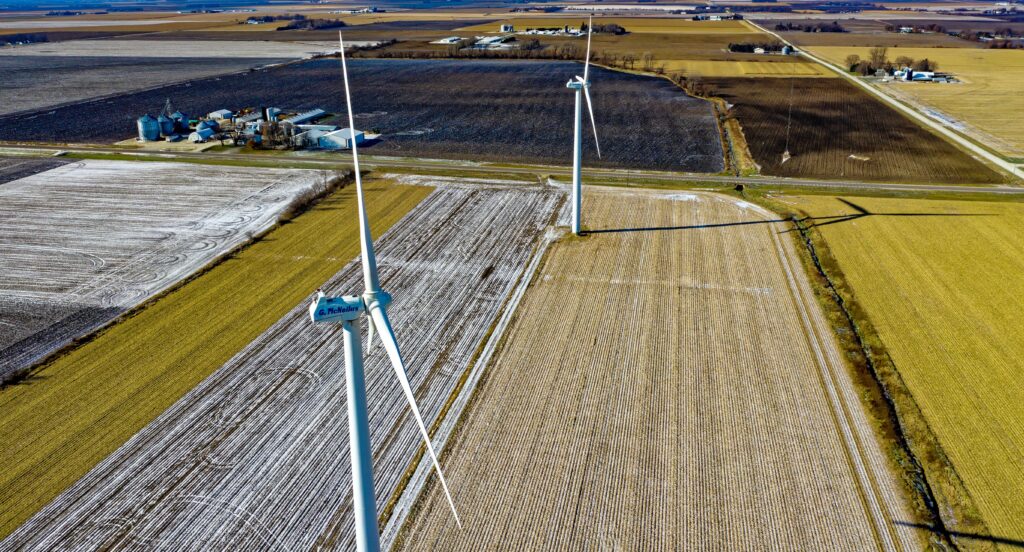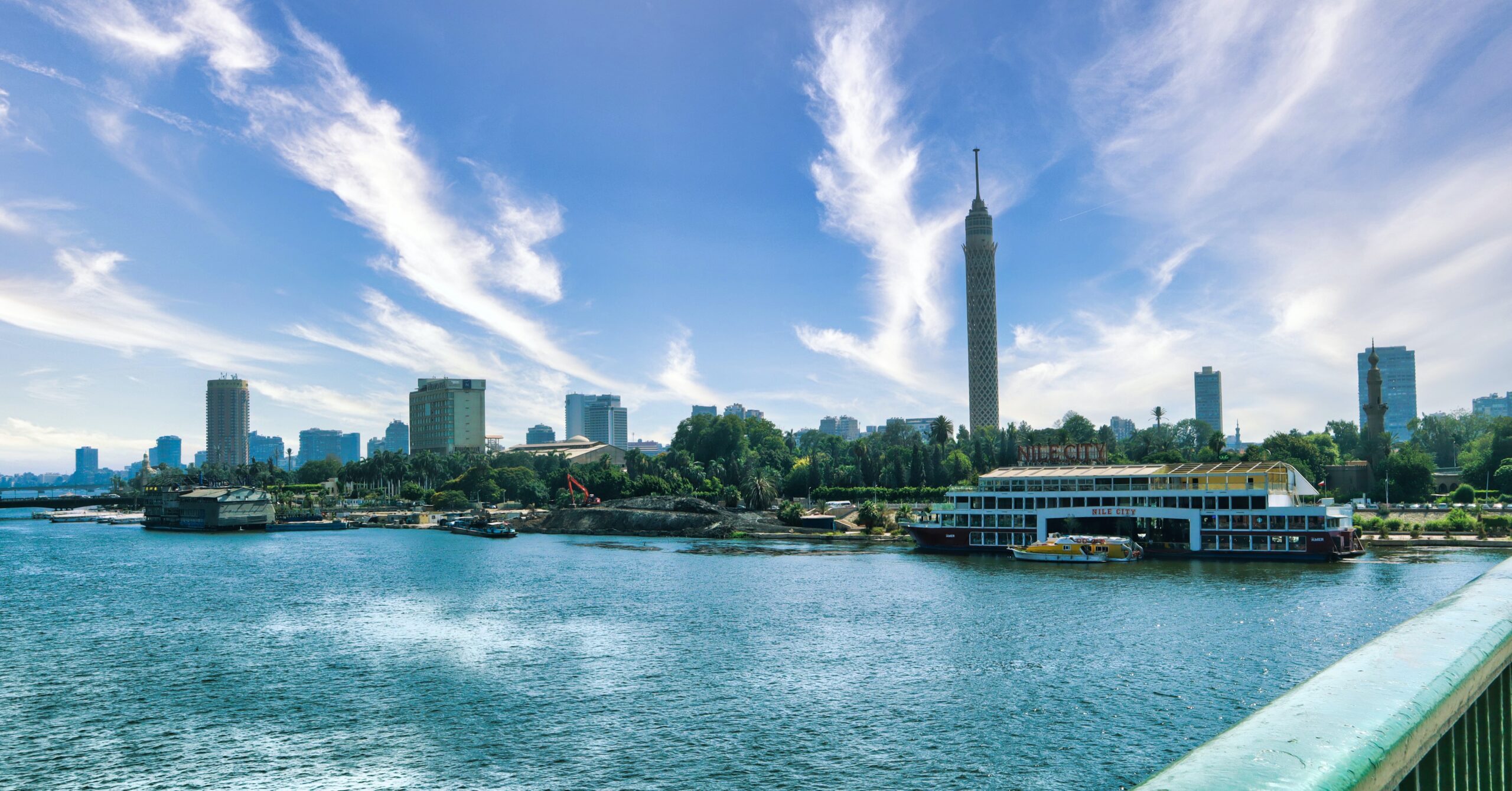The World Bank Group (WBG) approved on March 22 a country partnership framework (CPF) worth $7 billion to be implemented in Egypt for 2023 – 2027, WBG said in a statement.
The CPF details the five-year strategy set against the backdrop of the economic impact of the Russia-Ukraine conflict, and the country’s recovery from the pandemic. The joint partnership plans to work in alignment with “Egypt Vision 2030,” the Sustainable Development Strategy (SDS).
Among its objectives, the CPF looks to tackle climate change adaptation, growth of the private sector, and inclusive development. As this partnership comes to fruition, Egypt is expected to have a stronger role within “regional integration.” Included in the plan are women’s empowerment and citizen engagement.
“This CPF supports Egypt’s efforts to build back better by creating conditions for green, resilient, and inclusive development. It puts the Egyptian people at the center of its strategy, with a heavy focus on job creation by improving the business environment and leveling the playing field,” adds World Bank Country Director for Egypt, Yemen, and Djibouti, Marina Wes.
Egypt Vision 2030
Egypt Vision 2030, is a strategic plan that was set in place in 2016. It encompasses the actionable agenda toward sustainable development in all sectors with an economic, social and environmental scope. The country aims to work on improving citizen quality of life alongside the pursuit of inclusive economic growth as per Egypt’s Ministry of Finance’s official website.
Action against climate change and a transition towards a sustainable ecosystem are staples of the vision, which adheres to the United Nations Sustainable Development Goals. One of the targets is the reduction of greenhouse gases by 10% within the energy sector by 2030, according to a report by the International Energy Agency.
The SDS social dimension covers social justice, health, education and training, and culture while the economic dimension looks to improve in areas of research, energy and development. From an environmental perspective, urban development and sustainable practices are included within the framework.

The Energy sector is one of the main targets as Egypt gradually includes renewable resources in an effort to promote economic growth sustainably.
Green Transition
As part of the move towards a green economy, Egypt and the EU signed a joint statement on energy and climate, earlier in 2022, ahead of COP27. The two entities renewed their vows to commit to a clean energy transition. The cooperation gave particular attention to implementing the use of renewable energy, energy efficiency, and hydrogen with the two entities entering a green hydrogen pact at COP27 – one that sees the development of renewable hydrogen in terms of production, consumption, and trade.
Within the private sector, companies spanning different fields including oil and gas, real estate, and construction have also begun the move towards a sustainable economy. Orascom Construction in October 2021 announced its project in Ras Ghareb, a 500 MW wind farm that the company also plans to operate, as per the press release. Integrated energy and infrastructure solutions provider, El Sewedy Electric, in partnership with ReNew Power Private Limited, signed a framework agreement in November 2022, with the Egyptian government for the construction and financing of a green hydrogen project. 220,000 tons of green hydrogen are predicted to be generated annually throughout several stages, according to the company’s official website. Infinity, which is a renewable energy company operating in Egypt, has a number of wind farm projects spread throughout the country. The company signed a Memorandum of Understanding (MOU) agreement with UAE’s Masdar, and construction and infrastructure mogul, Hassan Allam, in November 2022, for a new 10 GW wind project – said to be the largest one in the world.







